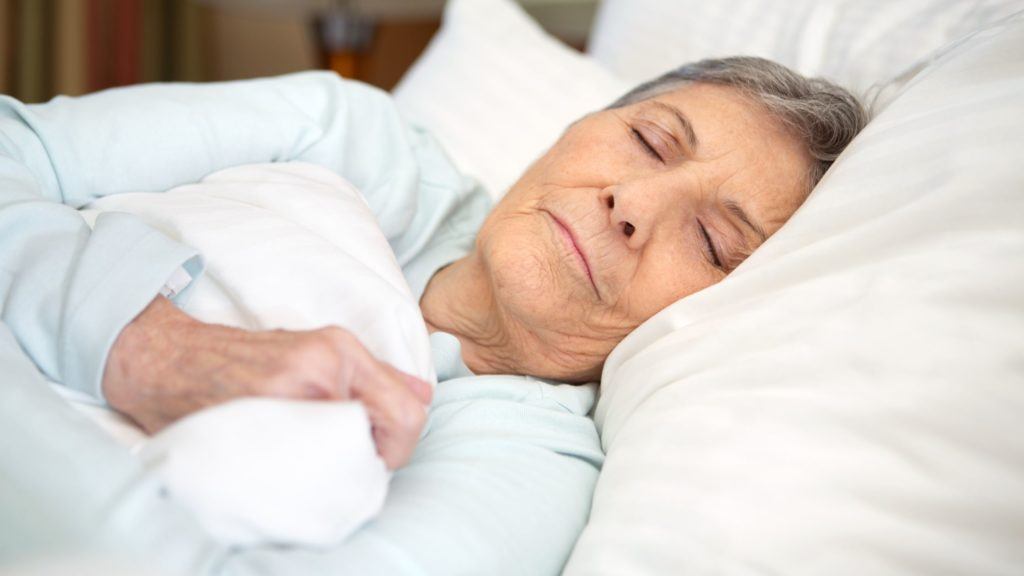How a senior’s sleep is affected by aging
As you age, it’s easy to think that your body is slowing down. That’s not necessarily a bad thing: the physical changes associated with aging can make sleep more important than ever before, even when you feel like you’re too busy or active for restful slumber.
The amount of sleep a senior needs is an important question for many, but it can be difficult to find the answer. In this blog post, we’ll talk about how much sleep seniors need and compare it to the average adult.
The average adult needs up to 8 hours of sleep a night.
You may have heard that the average adult needs about 8 hours of sleep per night. But for seniors, this can vary depending on their health and lifestyle.
Generally, seniors need more sleep than younger adults because their bodies are slower to recover from physical activity. In addition, seniors tend to have more medical problems that could interfere with their ability to get quality sleep (e.g., arthritis or heart disease).
Seniors also tend to have different sleeping habits than younger adults—they are more likely to nap during the day and go to bed later at night. This can make it harder for them to fall asleep quickly at night and stay asleep through the entire night.
As people age, they may need less sleep.
As people age, their sleep requirements change. The amount of sleep you need will depend on your age and other factors like your activity level and health.
In accordance with the National Sleep Foundation, the National Institute of Aging recommends that adults get seven to nine hours of sleep per night, though there are some exceptions. For example, children need more sleep than adults because their bodies are growing rapidly. Young children may need as many as 12 hours of sleep per night. As people get older, they may need less sleep.
Studies have shown that the average senior reports sleeping 6 to 7 hours per night.
Studies have shown that the average senior reports sleeping 6 to 7 hours per night. While this is a good number of hours, it’s not necessarily the most important thing to consider. The amount of sleep you get is based on your age, so older people need more sleep than younger ones.
In general, seniors should get between seven and nine hours of sleep each night (and ideally eight). This means that if you’re 60 years old or older, you should be aiming for seven to eight hours of sleep every night; those who are 70 years old or older should aim for eight to nine hours, and those who are 80 years old or older should aim for nine to 10 hours each night.
As people age, they tend to go to bed earlier and wake up earlier.
As people age, they generally go to bed earlier and wake up earlier. One reason is that as we age, our circadian rhythm changes. This is the internal clock that tells us when it’s time to wake up and when it’s time to go to bed. Our circadian rhythm controls our body temperature, hormone levels, and other functions in our bodies—and it can change as we get older.
Physical changes can affect how much sleep you get.
As you get older, your body tends to need less sleep. This is normal and expected. Sleeping patterns change as we age, primarily because our bodies require fewer hours of rest as they slow down their metabolism and reduce their activity level over time.
With that said, it’s critical for older folks to get a great night’s sleep in order to prevent falls, improve daytime functioning and quality of life, as well as help decrease depression by improving mood.
Conclusion
As a senior, getting the right amount of sleep is crucial to sustaining good health and preserving your mental faculties. And while this may seem like common sense, there are many seniors who don’t get enough sleep.
American Grand Assisted Living Suites was founded on the belief that each of our residents is unique, and their relationship with our staff contributes to a happy, healthy, enriching environment. We go to great lengths to ensure that each resident receives the proper amount of care, attention, and support. Our goal is to help seniors maintain their independence while living happily in a safe and secure facility.



